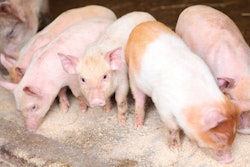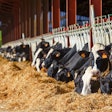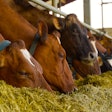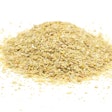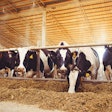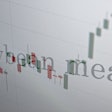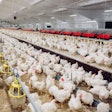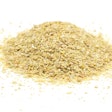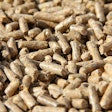
Reconsider every product in your formulas to determine if they are necessary
After my previous blog on sustainability in the feed industry, I received many calls and emails to discuss the issue, and even more invitations to review the efforts of several organizations (I am still catching up). I am honored and overwhelmed with work on this topic. It truly is top of mind for feed professionals worldwide.
At the same time, I was reviewing a set of broiler formulas – we need to save cost now that feed ingredients are priced like gold. I was astonished when I counted not one, not two, but 18 feed additives, and I am not counting the vitamin and mineral premixes nor the choline chloride that was correctly added outside of the premix.
Why so many additives, especially when some were overlapping with others, and there were even a couple that contradicted others? Long story short, it was the culmination of almost 20 years of updating the formulas by different nutritionists. Each professional was adding the additives considered essential by them, but never removed anything. Final feed cost was really high, even though the producer had made a self-exercise over the year of reducing the inclusion level of most additives or switched to some shady products of very low cost.
I removed 12 additives, brought back the correct inclusion levels for the remaining six and did nothing more on ingredients or nutrient levels. The producer flatly refused to even test the new feed. I promised to return my consulting fee if the new feed performed worse than the current one. This helped close the deal and the test was conducted. As I expected, the birds performed much better without the burden of all these additives, cost per kilogram or pound were markedly lower, and I kept my consulting fee. I was then given a free hand to adjust nutrients and ingredients. I only did some minor changes that saved a cent or two here and there, but nothing as spectacular as before. In essence, the feeds were well balanced but overridden with products that were not needed. This is the norm and not the exception – at least based on my own experiences.
So, going back to sustainability, here’s an easy proposition that most of us can enact immediately. Reconsider every product you use in your formulas. If you still need it, then that’s fine. If not, then do the right thing for all and stop using it. It helps the producer, the animal, the planet, and even the supplier who will be forced to educate their clients how to use their products correctly when they actually need them. The era of blanket application of additives is gone.



